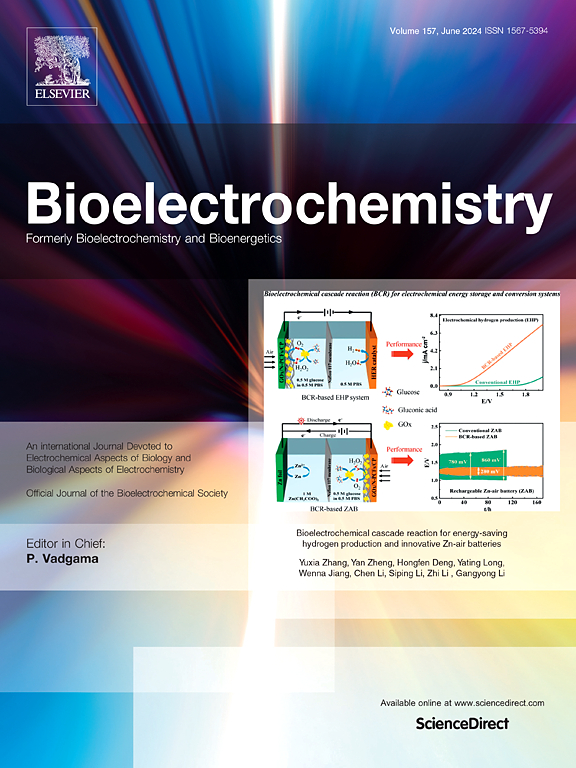酒精使用障碍中的肠道微生物群-肝-脑轴。肠道生态失调和应激在酒精相关认知障碍进展中的作用:可能的治疗方法
IF 3.6
2区 医学
Q1 NEUROSCIENCES
引用次数: 0
摘要
肠道微生物组-肝-脑轴是一个相对较新的结构,有希望增强我们对酒精使用障碍(AUD)及其治疗方法的理解。AUD患者肠道微生物组的显著改变甚至在任何其他系统性体征或症状出现之前就已发生。长期和不适当的饮酒,通过影响肠道微生物群和肠道粘膜通透性,被认为有助于行为和认知障碍的发展,导致酒精相关性肝病,并可能发展为酒精性肝硬化,这通常与与神经变性相关的严重认知障碍有关,如肝性脑病和酒精性痴呆。fda批准的治疗酒精性肝硬化肝性脑病(即乳果糖和利福昔明)的疗效进一步支持了肠道微生物群的关键作用。为了刺激新的研究,我们假设,适应不良的应激反应和神经变性体质易感之间的相互作用是AUD发展为酒精相关临床问题的基础,并伴有严重的认知障碍,这对社会来说是一个重大而昂贵的负担。早期识别有发展这些疾病风险的AUD个体可以帮助优先考虑针对肠道微生物群-肝-脑轴不同底物的综合治疗干预。具体来说,成瘾药物、微生物组调节剂、减压干预,以及可能很快就会出现的减少肝脂肪变性/纤维化的新型药物,将在数字支持的综合治疗方法的背景下进行讨论。在疾病早期进行AUD治疗的明确目标是减少AUD向与严重认知障碍相关的酒精相关常见临床问题的过渡,这是大多数神经退行性疾病推荐的策略。本文章由计算机程序翻译,如有差异,请以英文原文为准。
Gut Microbiome-Liver-Brain axis in Alcohol Use Disorder. The role of gut dysbiosis and stress in alcohol-related cognitive impairment progression: possible therapeutic approaches
The Gut Microbiome-Liver-Brain Axis is a relatively novel construct with promising potential to enhance our understanding of Alcohol Use Disorder (AUD), and its therapeutic approaches. Significant alterations in the gut microbiome occur in AUD even before any other systemic signs or symptoms manifest. Prolonged and inappropriate alcohol consumption, by affecting the gut microbiota and gut mucosa permeability, is thought to contribute to the development of behavioral and cognitive impairments, leading to Alcohol-Related Liver Disorders and potentially progressing into alcoholic cirrhosis, which is often associated with severe cognitive impairment related to neurodegeneration, such as hepatic encephalopathy and alcoholic dementia.
The critical role of the gut microbiota is further supported by the efficacy of FDA-approved treatments for hepatic encephalopathy in alcoholic cirrhosis (i.e., lactulose and rifaximin). To stimulate new research, we hypothesize that interactions between a maladaptive stress response and a constitutional predisposition to neurodegeneration underlie the progression of AUD to conditions of Alcohol-Related Clinical Concerns with severe cognitive impairment, which represent a significant and costly burden to society. Early identification of AUD individuals at risk for developing these conditions could help to prioritize integrated therapeutic interventions targeting different substrates of the Gut Microbiome-Liver-Brain axis. Specifically, addiction medications, microbiome modulators, stress-reducing interventions, and, possibly soon, novel agents that reduce hepatic steatosis/fibrosis will be discussed in the context of digitally supported integrated therapeutic approaches. The explicit goal of this AUD treatment performed on the early stage of the disorder would be to reduce the transition from AUD to those conditions of Alcohol-Related Common Clinical Concerns associated with severe cognitive impairment, a strategy recommended for most neurological neurodegenerative disorders.
求助全文
通过发布文献求助,成功后即可免费获取论文全文。
去求助
来源期刊

Neurobiology of Stress
Biochemistry, Genetics and Molecular Biology-Biochemistry
CiteScore
9.40
自引率
4.00%
发文量
74
审稿时长
48 days
期刊介绍:
Neurobiology of Stress is a multidisciplinary journal for the publication of original research and review articles on basic, translational and clinical research into stress and related disorders. It will focus on the impact of stress on the brain from cellular to behavioral functions and stress-related neuropsychiatric disorders (such as depression, trauma and anxiety). The translation of basic research findings into real-world applications will be a key aim of the journal.
Basic, translational and clinical research on the following topics as they relate to stress will be covered:
Molecular substrates and cell signaling,
Genetics and epigenetics,
Stress circuitry,
Structural and physiological plasticity,
Developmental Aspects,
Laboratory models of stress,
Neuroinflammation and pathology,
Memory and Cognition,
Motivational Processes,
Fear and Anxiety,
Stress-related neuropsychiatric disorders (including depression, PTSD, substance abuse),
Neuropsychopharmacology.
 求助内容:
求助内容: 应助结果提醒方式:
应助结果提醒方式:


